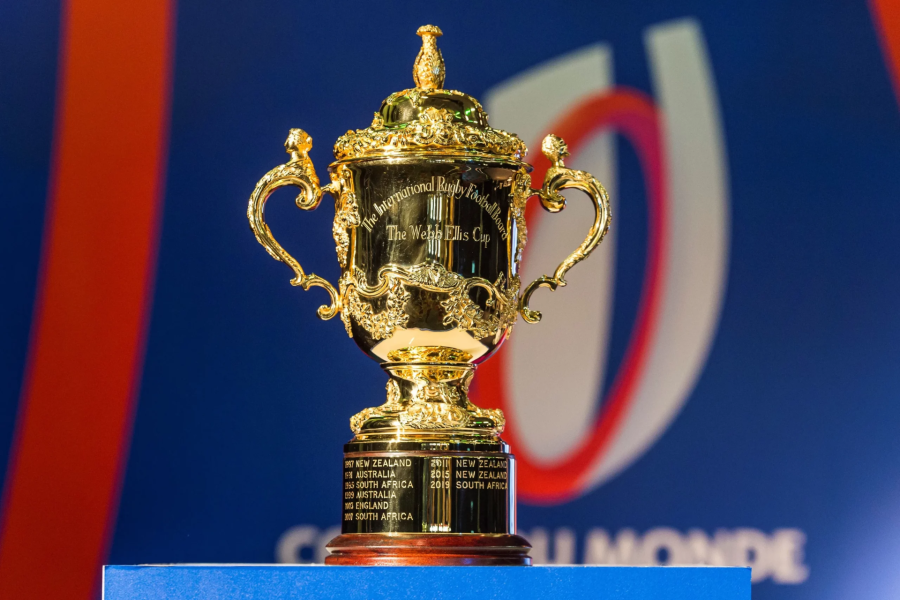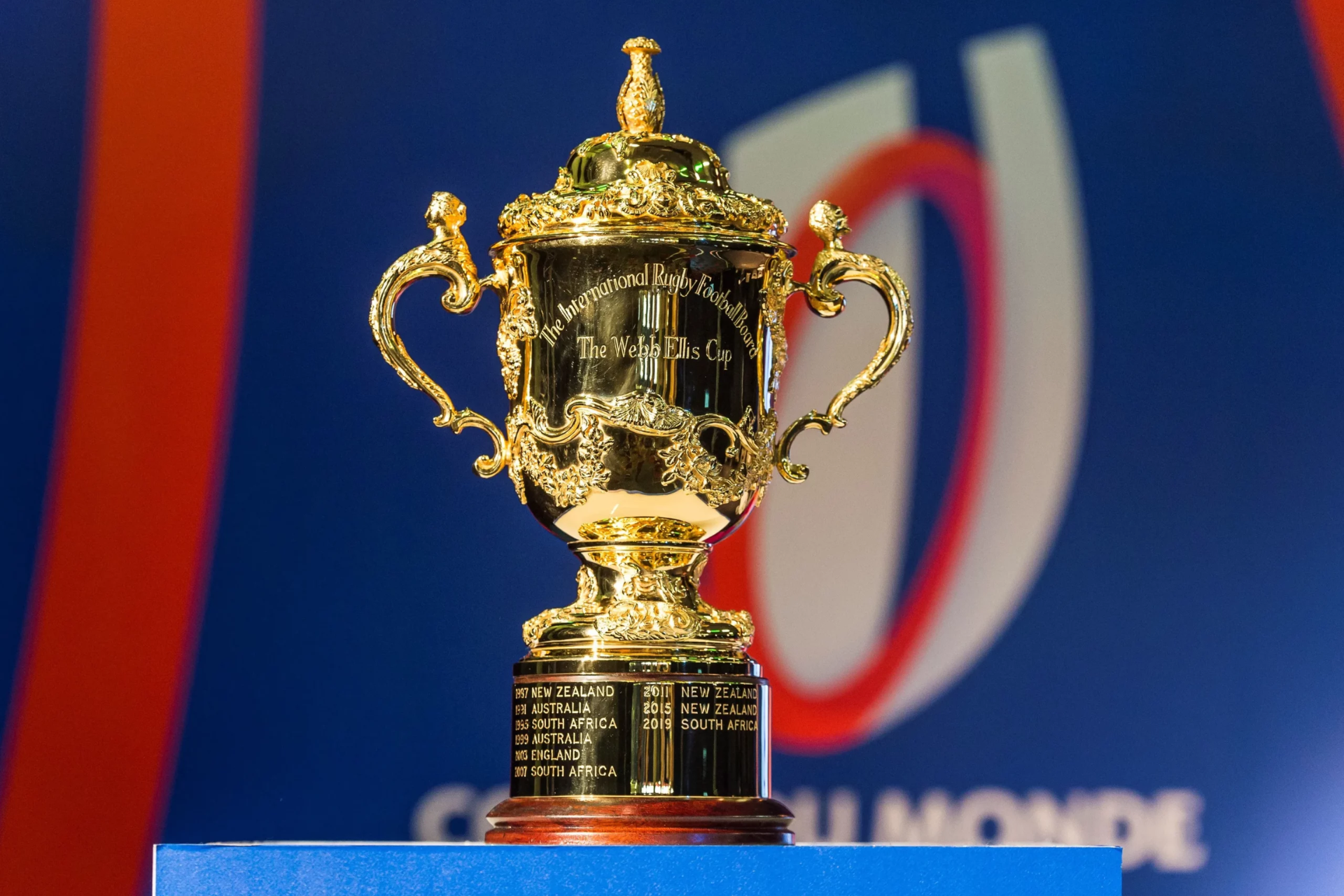
Rugby World Cup 2023 countdown: Everything you need to know
The countdown to the 2023 Rugby World Cup is on with less than a month to go until the tournament kicks off in France.

The countdown to the 2023 Rugby World Cup is on with less than a month to go until the tournament kicks off in France.
FOR THE LATEST RUGBY WORLD CUP NEWS VISIT THE SAPEOPLE WEBSITE
Here’s all you need to know about this year’s tournament:
VIRAL | UNPOPULAR OPINION: This Springbok squad WON’T win the Rugby World Cup title
WHEN IS THE 2023 RUGBY WORLD CUP?
It kicks off on Friday, 8 September with hosts France taking on the All Blacks, while the Springboks’ opening match will be against Scotland on Sunday, 10 September.
The final will take place on Saturday, 28 October.
Originally, the tournament had been scheduled for its customary six-week duration, but World Rugby has opted to add an extra week to help with player welfare. It ensures at least five days between teams’ matches.
LIVE UPDATES | Will the Springboks win the Rugby World Cup this year?
WHERE IS IT BEING HELD?
This will be the fourth occasion that a Rugby World Cup has been held in France, although the first time the country has been sole hosts. In 1991 and 1999 France were one of several countries to stage matches, while in 2007 they gifted four matches to Wales and two to Scotland.
Nine venues will be used across the country for the tournament, with at least four games at every stadium. The Stade de France will be the centrepiece, with the 80 000-capacity venue hosting the final, the bronze final, the semi-finals, two quarter-finals and four pool games, including the tournament opener.
SEE | Rugby World Cup 2023 | Every 33-man squad
HOW MANY COUNTRIES WILL TAKE PART?
For the seventh successive tournament, the World Cup will be a 20-team affair, with 17 back from the 2019 tournament.
Twelve of those secured automatic qualification thanks to finishing in the top three of their pool at the last event (with France already qualifying as hosts). The other eight spots were contested in regional playoffs.
Chile will be on World Cup debut, with Portugal back for the first time since 2007 and Romania returning after 2019 was the first time they had missed the showpiece.
The teams not back from 2019 are Canada (failing to qualify for the first time ever), the United States (missing the cut for just the second time, after 1995) and Russia.
ALSO READ | Did Springboks drop the ball by cutting Pollard, Am?
WHAT’S THE FORMAT, WHO’S IN WHAT POOL?
As has been the case since 2003 the tournament will feature four pools of five teams.
The pool make-up is as follows:
Pool A: New Zealand, France, Italy, Uruguay, Namibia
Pool B: South Africa, Ireland, Scotland, Tonga, Romania
Pool C: Wales, Australia, Fiji, Georgia, Portugal
Pool D: England, Japan, Argentina, Samoa, Chile
Each team plays the other sides in their pool, with the top two in each progressing to the quarter-finals, where the Pool A winners face the Pool B runners-up and vice versa, and the Pool C winners face the Pool D runners-up and vice versa.
MUST READ | Springboks in Rugby World Cup Group of Death? Stats say YES
WHO ARE THE FAVOURITES?
New Zealand are favourites to lift the Webb Ellis Cup for a record fourth time, with France next best, followed by South Africa who are also seeking a fourth title.
World No 1-ranked Ireland are next best, followed by England and Australia, then Argentina, Wales and Scotland.
QUESTION | Who are the most capped Springboks?
WHEN WILL THE SQUADS BE NAMED?
The 33-man rosters (up by two players on the 31 allowed in 2019) don’t have to be submitted to World Rugby until 1 September.
However, several teams – including South Africa – have already been named.
If teams want to call on a replacement player during the tournament, they will firstly have to have a player withdraw from the remainder of the event.
ALSO READ | Come say goodbye to the Rugby World Cup-bound Springboks!
WHO ARE THE REFEREES FOR THE TOURNAMENT?
There is a squad of 12 referees named to control the 48 fixtures, along with seven assistant referees and seven television match officials.
The most experienced test referee in history, Wayne Barnes (103 caps) is one four Englismen among the dozen refs, with Karl Dickson, Matthew Carley and Luke Pearce the others. There are two New Zealanders in Ben O’Keeffe and Paul Williams, two Australians in Angus Gardner and Nic Berry, along with South Africa’s Jaco Peyper, Frenchman Mathieu Raynal, Ireland’s Andrew Brace, and Georgian Nika Amashukeli, who will become the first tier-two representative to referee a World Cup game since the sport went professional.
TMO Joy Neville (Ireland) will also make history, being the first female named on a match official panel for a men’s Rugby World Cup.
THOUGHTS | Is Faf de Klerk now the most important Springbok player?
